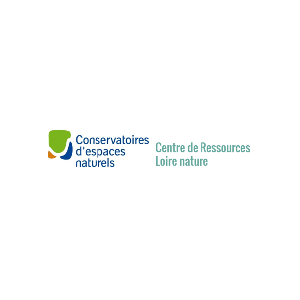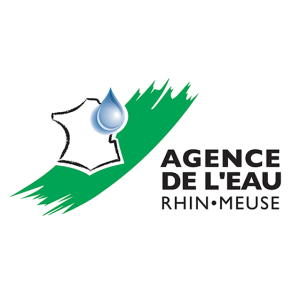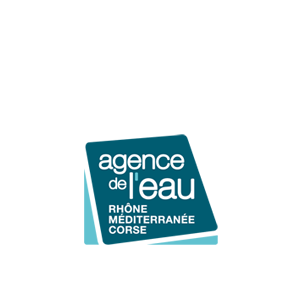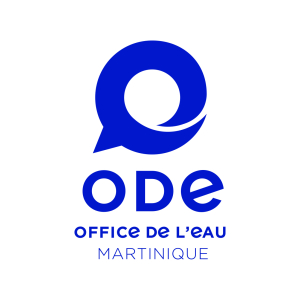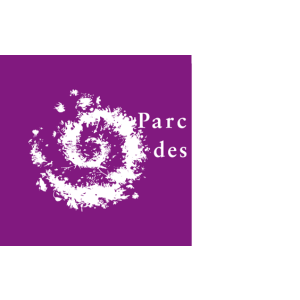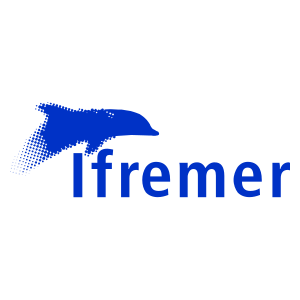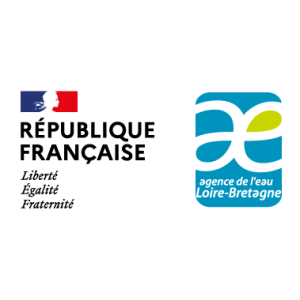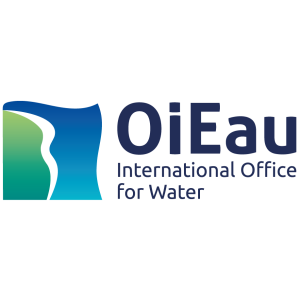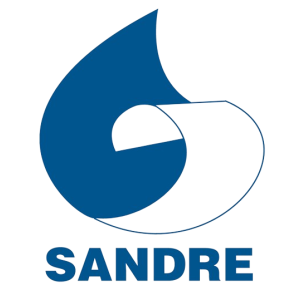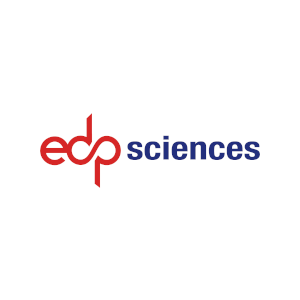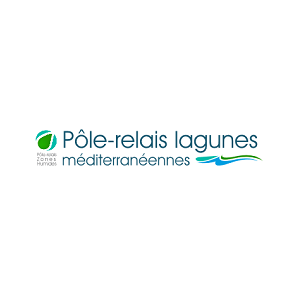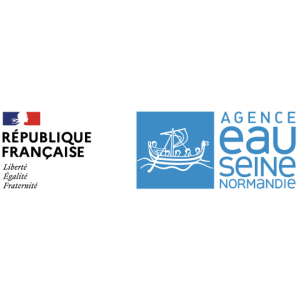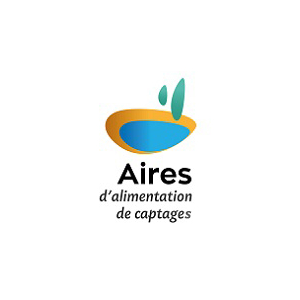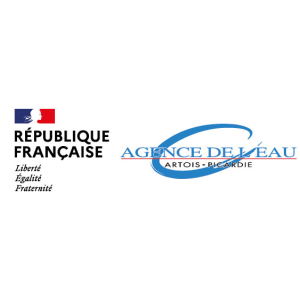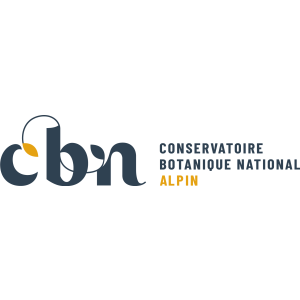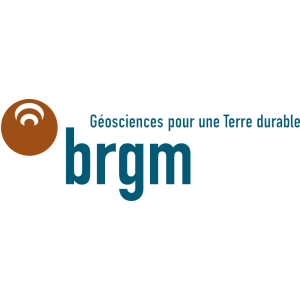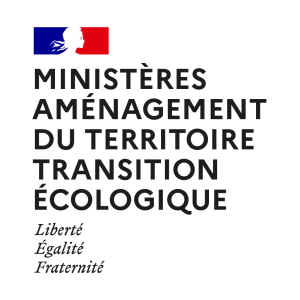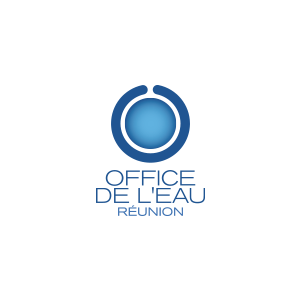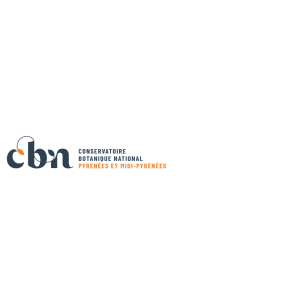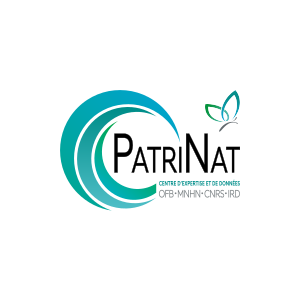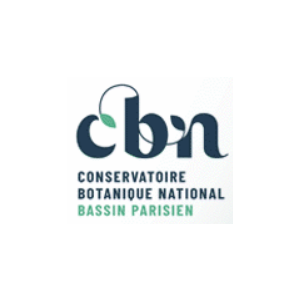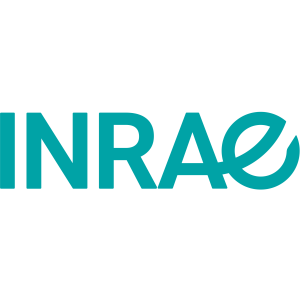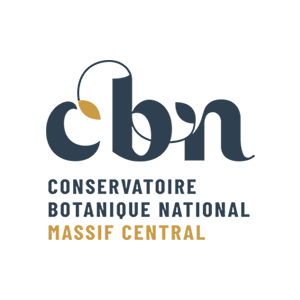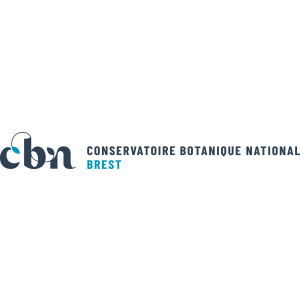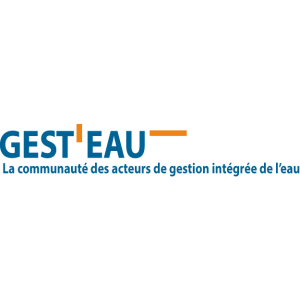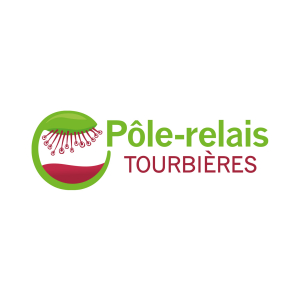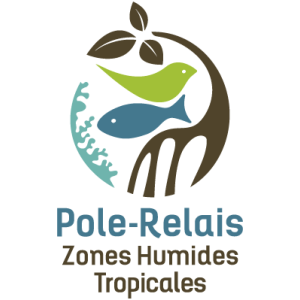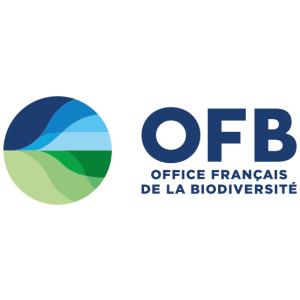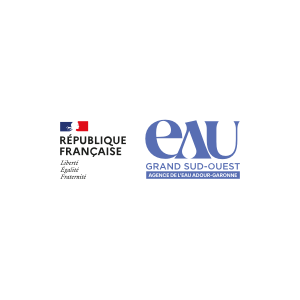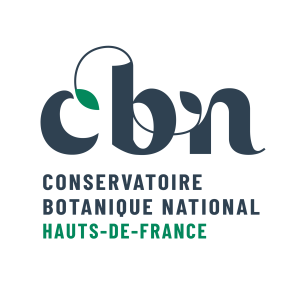
Document généré le 04/02/2026 depuis l'adresse: https://www.documentation.eauetbiodiversite.fr/fr/notice/diversite-de-populations-microbiennes-thermophiles-d-une-cheminee-hydrothermale-oceanique-profonde-cultures-d-enrichissement-en-bioreacteur-et-isolement-d-especes-nouvelles
Diversite de populations microbiennes thermophiles d'une cheminée hydrothermale océanique profonde : cultures d'enrichissement en bioréacteur et isolement d'espèces nouvelles
Titre alternatif
Producteur
Contributeur(s)
Éditeur(s)
Provence, Aix Marseille I
Identifiant documentaire
9-367
Identifiant OAI
oai:archimer.ifremer.fr:367
Auteur(s):
Postec, Anne
Mots clés
Strain isolation and characterization
Hybridization
Sequencing
Cloning
DGGE
Gas lift bioreactor
Enrichment cultures
Deep sea hydrothermal vents
Bacteria
Archaea
Diversity
Isolement et caractérisation de souche
Hybridation
Séquençage
Clonage
DGGE
Bioréacteur gas lift
Cultures d'enrichissement
Sources hydrothermales océaniques profondes
Bacteria
Archaea
Diversité
Date de publication
27/05/2005
Date de création
Date de modification
Date d'acceptation du document
Date de dépôt légal
Langue
fre
Thème
Type de ressource
Source
Droits de réutilisation
info:eu-repo/semantics/openAccess
Région
Département
Commune
Description
To explore the microbial diversity at deep sea vents, molecular techniques based on the analysis of the gene coding the 16S ribosomal RNA permitted to highlight a large archaeal and bacterial diversity. Nevertheless, the diversity of the hydrothermal microorganisms cultivated to date remains much lower than the diversity described with molecular tools. Innovative methods should therefore be used in order to cultivate new microorganisms, and also determine their metabolic properties and their potential role in the ecosystem. That was the purpose of this study: a bioreactor gas-lift was used to perform enrichment cultures in continuous, during 50 days, in thermophilic (60°C) and hyperthermophilic (90°C) conditions. A hydrothermal chimney sample (Rainbow site, Medio-Atlantic Ridge) was used as inoculum, while its microbial diversity was also directly investigated by molecular techniques. The microbial diversity of the community enriched in bioreactor was analysed by DGGE, cloning, sequencing and hybridization. Microorganisms cultivated in continuous in bioreactor displayed a larger diversity than those cultivated in flask (batch). Moreover, a dynamics of the microbial populations was shown within the bioreactor. Microorganisms belonging a priori to thermophilic or moderately thermophilic species were grown at 90°C, and also autotrophic strains were obtained in co-culture with heterotrophic strains at 60°C. Metabolites exchanges could explain this last result. Several new species, detected previously only by molecular ways, could be isolated from the enrichment cultures in bioreactor. A new species belonging to the order Thermotogales called Marinitoga hydrogenitolerans was described.
Accès aux documents
0
Consultations
0
Téléchargements
